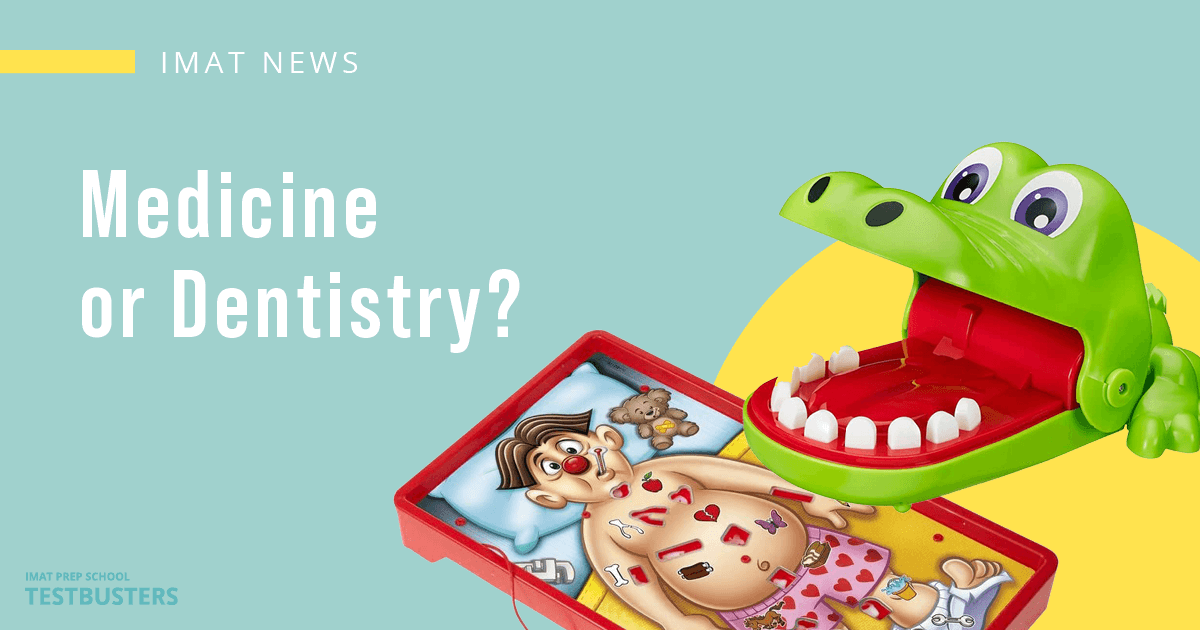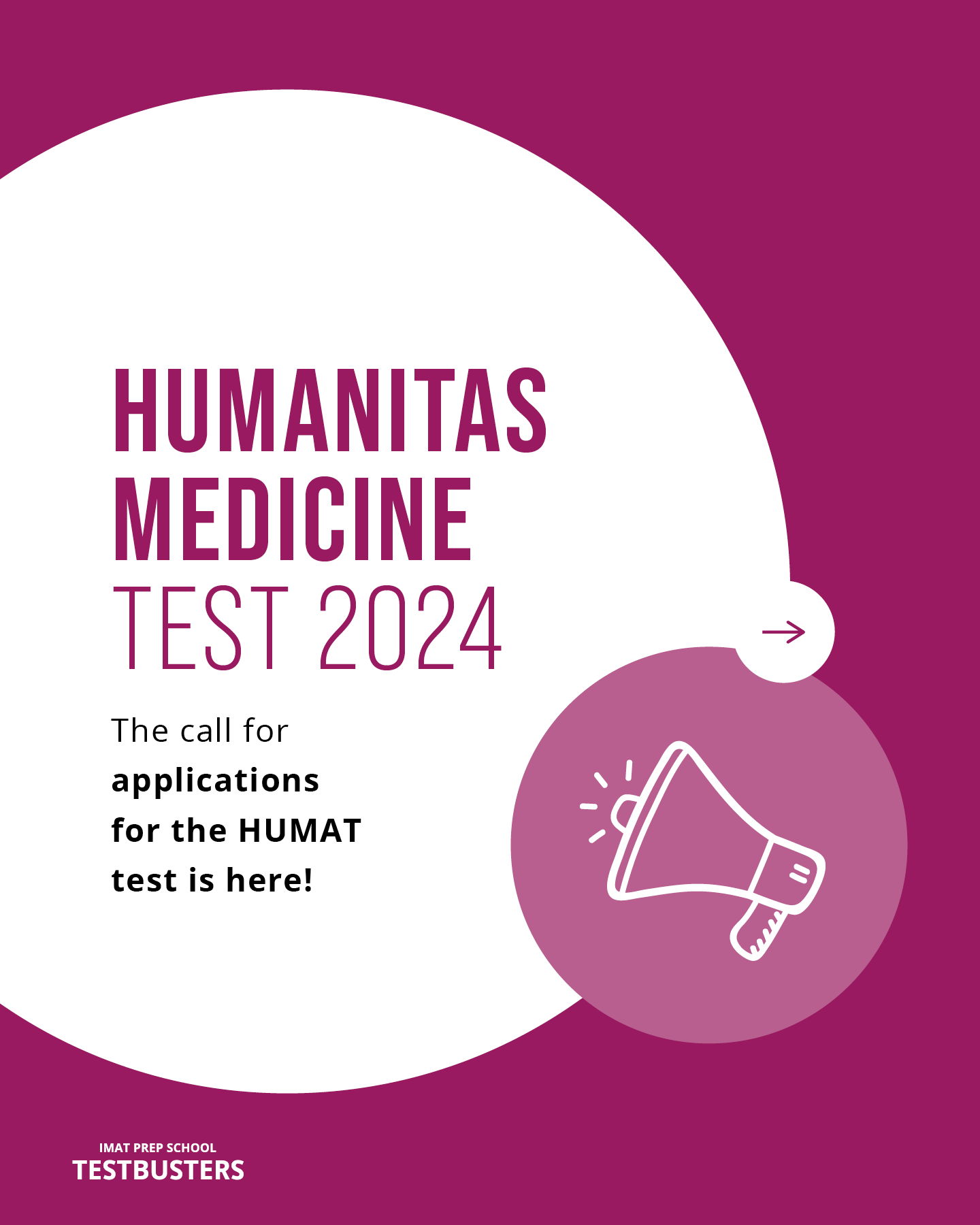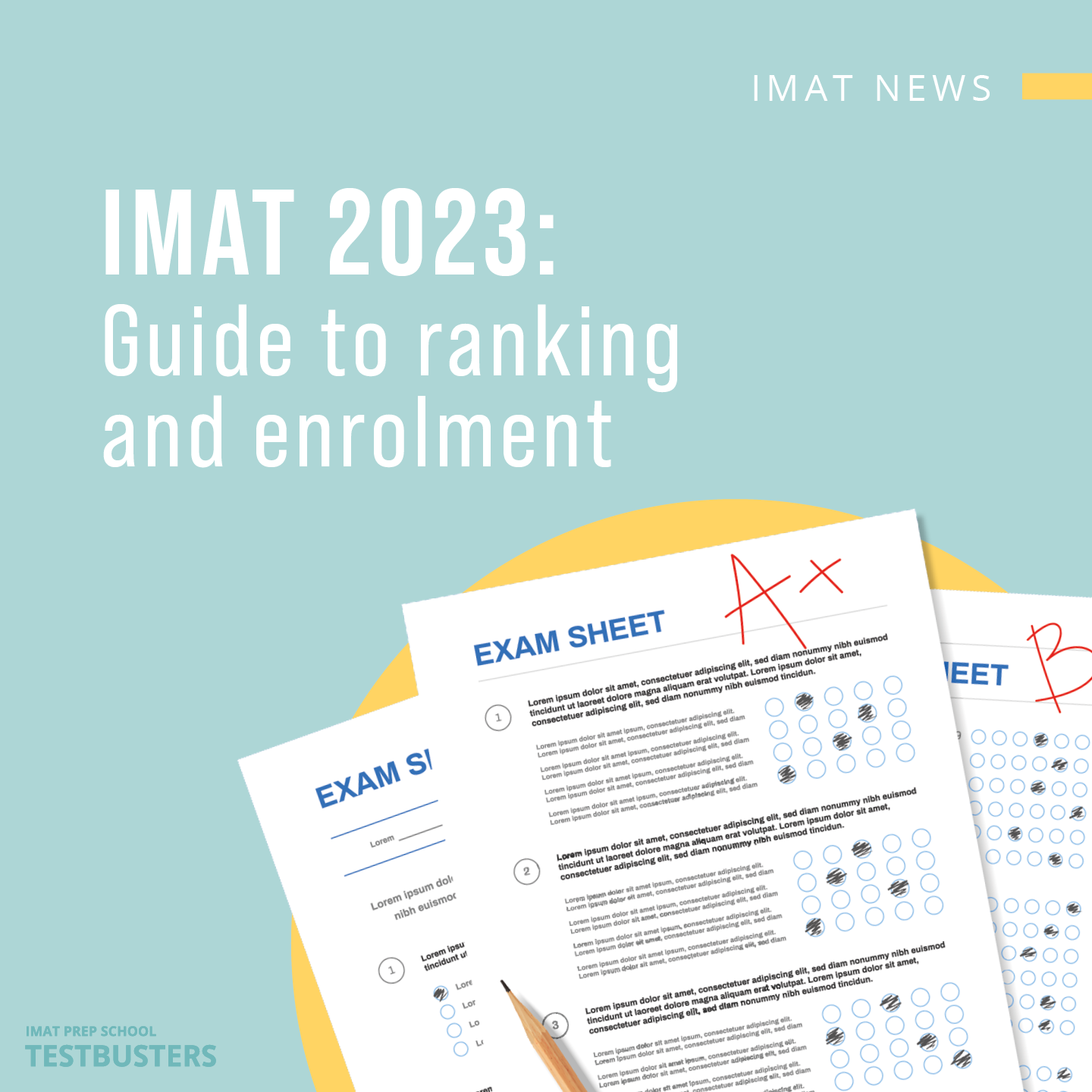Indubitably, to study Dentistry, you must have a particular fetish for teeth and everything related to the oral cavity.
Dentistry school trains you for a very specific profession and is slightly like choosing a specialty training (i.e. residency) straight away; the only difference is that it lasts six years.
Therefore, it is necessary to have a clear idea of the kind of commitment one is going to make.
What can be guessed
At the beginning of your studies, you will be dealing with subjects not strictly related to dental sciences, which may put a strain on even the most passionate students.
In the fourth year, clinical disciplines such as Endodontics, Prosthodontics and Oral Surgery will be covered, allowing you to practice first on extracted teeth and then, with the assistance of a lecturer, on patients.
It will be the most fascinating part of the journey. You will start by getting acquainted with the oral cavity: you’ll perform hygiene sessions that will be “showers” for you and your patients, but the day will come when you safely extract teeth and reconstruct smiles.
What they don’t tell you
Dentistry in English in Siena has few spots: 28 for EU and 15 for non-EU candidates.
As a degree course with a limited number of students, 43 in total, the teaching is extremely student-centred and interaction between pupils and professors is key.
This enables more immediate communication with lecturers, who can be easily asked for clarification during lessons and with whom exam dates can be agreed.
Initial enthusiasm is then followed by the ‘burden’ of compulsory lecture attendance, often including a roll-call by teachers. Above all, be prepared to transform all the streams of consciousness of your professors into your own hand. Unlike Medicine where there are many more enrolled and attending students, it isn’t common to find groups of students volunteering to transcribe and share their notes.
The ‘sbobine’ is the set of lectures for the semester, the writing of which is entrusted to the students, who take it in turns to transcribe a lecture.
Now, imagine dividing a semester’s classes between 100 medical students: it will result in one student having to “reel off” one or two lectures in the whole semester; apply the same reasoning to the small group of future dentists and you will regret being called by name by the professors.
Finally, to be a dentist, in addition to determination, you need passion and empathy, fundamental characteristics in the approach to this profession and in the relationship with patients.
In short, you have to put your heart as well as teeth into it. It is for all these reasons and more, which you will discover along the way, that studying dentistry is wonderful.



